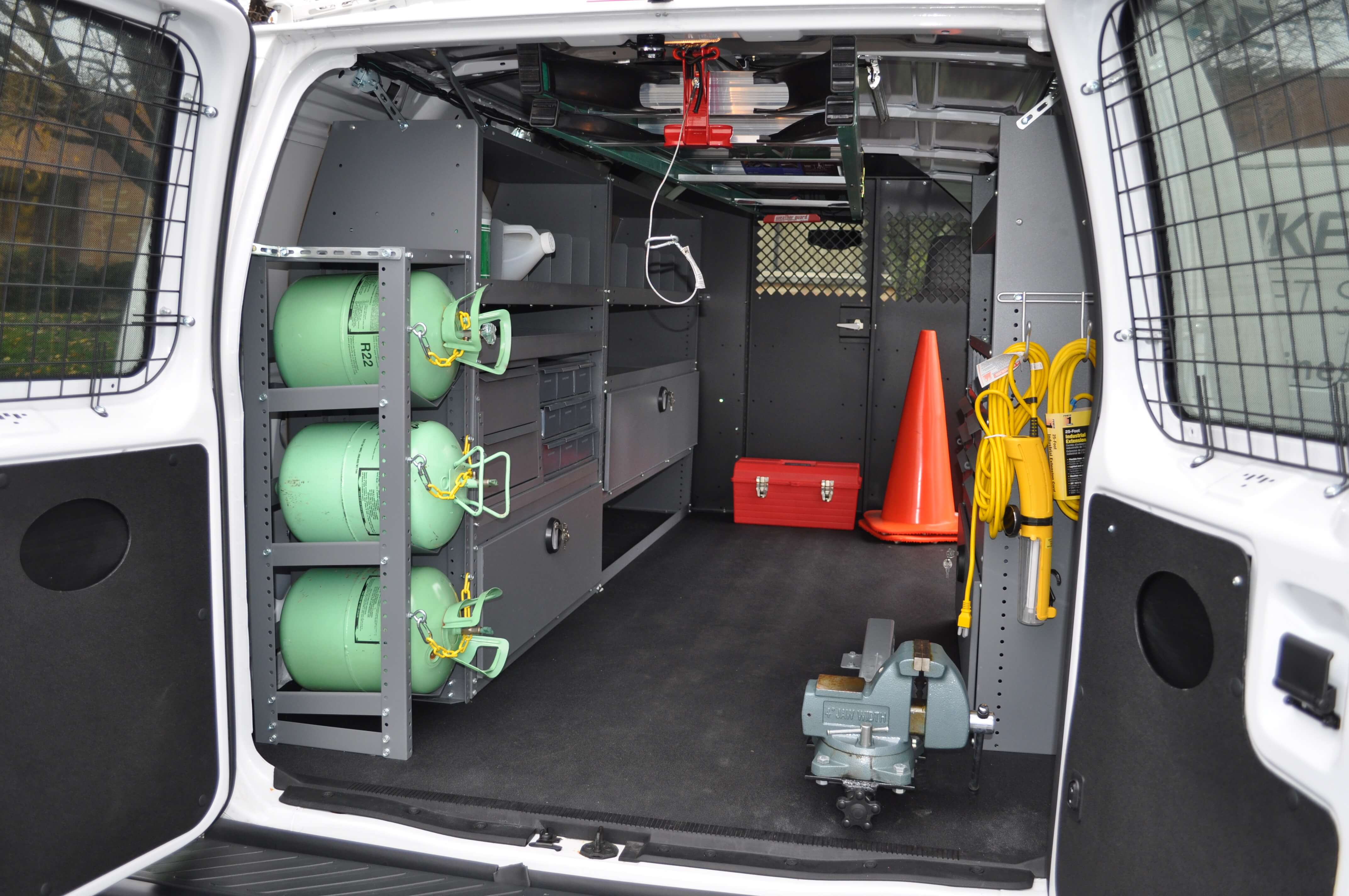Professional Services from DMAKS HVAC for Any HVAC Needs.
Professional Services from DMAKS HVAC for Any HVAC Needs.
Blog Article
Energy-Efficient Cooling And Heating Systems to Save Money On Utility Expenses
As power costs proceed to climb, the significance of energy-efficient Heating and cooling systems comes to be progressively apparent. These systems not just promise significant savings on energy expenses however likewise contribute to a much more sustainable future by reducing power consumption.
Advantages of Energy-Efficient Heating And Cooling Systems
Energy-efficient heating and cooling systems supply many benefits that extend beyond plain price financial savings. One considerable benefit is the decreased ecological impact. By taking in much less power, these systems contribute to lower greenhouse gas discharges, aiding to combat environment change and promote sustainability. This aligns with raising social demands for green techniques in domestic and commercial setups.
In addition, energy-efficient cooling and heating systems often supply boosted convenience degrees. A number of these systems include innovative technology that enables better temperature level control and improved air quality (DMAKS HVAC). This results in a healthier indoor setting, which is particularly important for individuals with allergies or respiratory issues
In addition, spending in energy-efficient cooling and heating systems can enhance property value. As even more consumers focus on power performance, homes and structures furnished with these systems might bring in greater quotes in the actual estate market.
Sorts Of Energy-Efficient HVAC Options
How can property owners and services select the most appropriate energy-efficient a/c choices for their needs? The market uses a range of energy-efficient heating and cooling systems, each designed to boost comfort while minimizing power consumption.
One option is the variable refrigerant circulation (VRF) system, which effectively controls the temperature in multiple zones within a building. This system adjusts its refrigerant circulation to match the desired temperature level, causing significant energy savings.
Another preferred choice is geothermal heatpump, which make use of the earth's steady temperature to warmth and trendy areas. By moving heat to and from the ground, these systems show excellent efficiency, especially in moderate climates.
In addition, ductless mini-split systems give an energy-efficient alternative for homes doing not have ductwork. These systems allow for zone-specific home heating and cooling, minimizing energy waste in vacant locations.
Lastly, high-efficiency heaters and a/c, with advanced SEER and AFUE scores, supply trustworthy climate control while taking in much less power than conventional designs. By evaluating these choices, house owners and businesses can choose a heating and cooling system customized to their particular requirements and power efficiency goals.
Secret Features to Consider

Following, examine the kind of compressor used in the system. DMAKS HVAC. Variable-speed compressors can adjust their result to match the heating or cooling down demand, bring about boosted comfort and power cost savings contrasted to single-speed designs. Additionally, seek systems geared up with clever thermostats that provide programmable setups and remote access, visit homepage permitting much better control over power consumption
Another important attribute is the system's air purification capacity. High-efficiency filters can boost interior air high quality and lower power intake by ensuring the system runs efficiently. Moreover, think about the kind of cooling agent utilized; modern-day systems usually utilize environmentally friendly refrigerants that have a lower ecological impact.
Lastly, make certain that the system is suitable with zoning innovation, which permits customized temperature level control in different locations of your home, improving comfort while decreasing power use.
Tips for Selecting the Right System


Following, take into consideration power performance scores, especially the Seasonal Energy Performance Proportion (SEER) for cooling down systems and the Annual Gas Utilization Effectiveness (AFUE) for heating unit. Greater scores show greater efficiency, which can bring about significant savings on energy expenses in time.
Additionally, examine the kind of heating and cooling system that ideal matches your lifestyle and budget plan. Options consist of central air conditioning, ductless mini-splits, and heat pumps, each with its very own set of benefits and drawbacks.
Do not ignore the significance of correct setup and sizing; an incorrectly sized system can bring about ineffectiveness and boosted wear. Seek advice from with a specialist Cooling and heating professional to get expert suggestions customized to your home's one-of-a-kind demands. This thorough method will certainly make certain that you select an energy-efficient HVAC system that fulfills your needs and budget plan properly.
Maintenance for Optimal Efficiency
When the appropriate HVAC system is in location, continuous upkeep becomes crucial to making sure optimal performance and durability. A properly maintained system runs more efficiently, leading to lower power usage and reduced utility bills. Regular examinations and tune-ups ought to be scheduled a minimum of twice a year-- when prior to the air conditioning period and as soon as prior to the home heating period.

Homeowners must additionally be cautious regarding checking their directory HVAC system's efficiency. Unusual sounds, changing temperatures, or raised energy bills can suggest underlying issues that need prompt attention. By attending to these problems without delay, property owners can stop pricey repairs and prolong the life-span of their systems.
Investing in a maintenance strategy with a qualified service technician not only improves performance but additionally provides assurance, understanding that the system is running at its best. DMAKS HVAC. Regular upkeep is as a result essential for sustaining energy effectiveness and lowering total operational costs
Final Thought
To conclude, energy-efficient HVAC systems present a viable option for lowering energy costs while boosting convenience and air top quality. By incorporating advanced innovations and choices such as geothermal heatpump and ductless mini-splits, homeowner can achieve significant energy savings and add to ecological sustainability. Mindful consideration of system features and ongoing maintenance even more ensures optimum efficiency, making energy-efficient systems a prudent financial investment for both financial and eco-friendly benefits.
Report this page